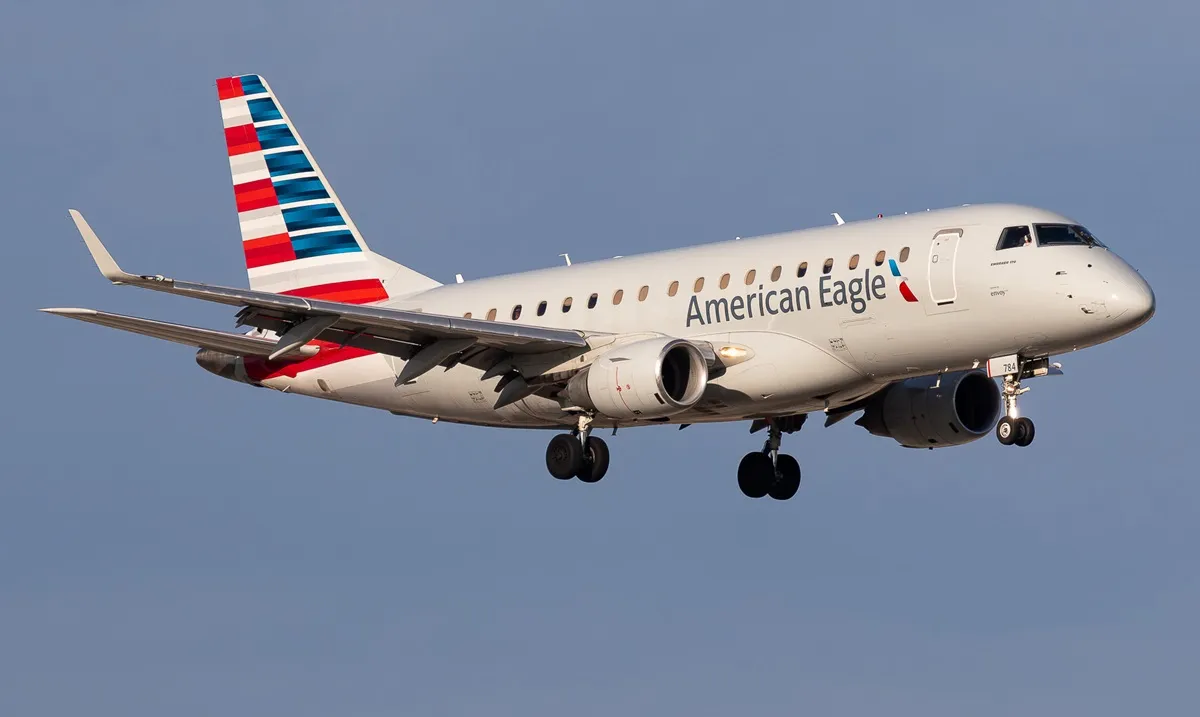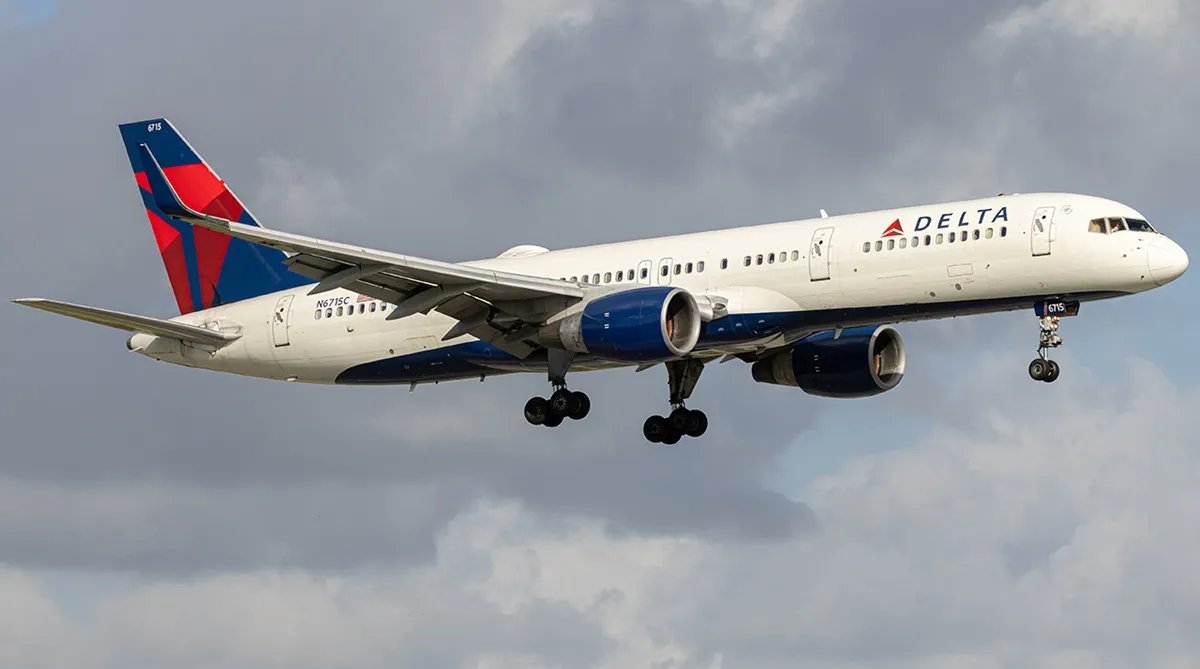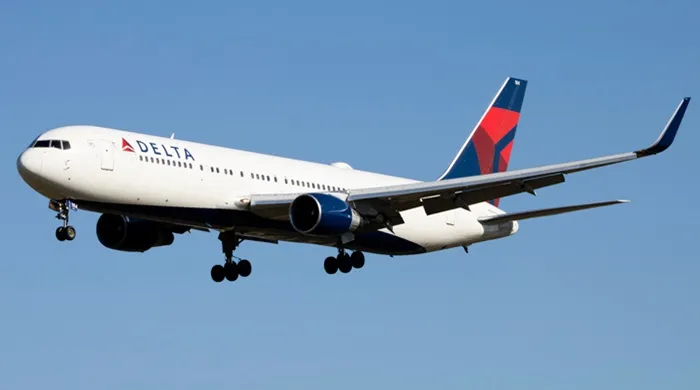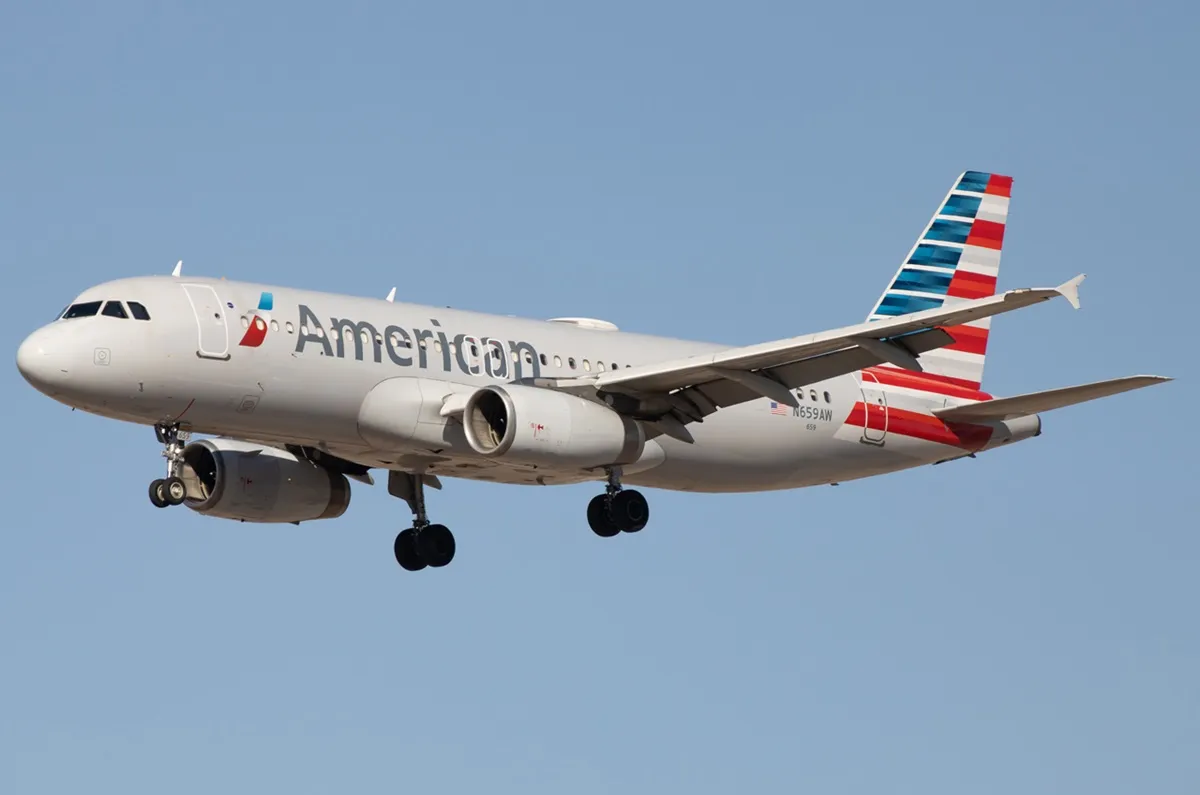
A Southwest Airlines Boeing 737-800 was reportedly taken out of service after a fire broke out inside the aircraft upon landing at Reno-Tahoe International Airport.
Authorities reported that the fire started from a laptop battery onboard Flight 3077, which had departed from Las Vegas Harry Reid International Airport.
The incident details
On March 19, 2025, a Southwest Airlines Boeing 737-800, registered as N8640D, operated Flight 3077 between Harry Reid International Airport (LAS) in Las Vegas and Reno-Tahoe International Airport (RNO) when a fire broke out inside the aircraft upon landing. The fire reportedly started from a laptop battery.
The aircraft landed safely, and no injuries were reported. In a statement, the United States Federal Aviation Administration (FAA) confirmed the incident:
"Southwest Airlines Flight 3077 landed safely at Reno/Tahoe International Airport around 10:05 p.m. local time on Wednesday, March 19. After arriving in the gate area, the flight crew reported a battery fire onboard. Passengers evacuated the aircraft and were escorted back into the terminal. The Boeing 737-800 departed Harry Reid International Airport in Las Vegas, NV."
The aircraft in question is the airline's 10.7-year-old Boeing 737-800 narrowbody, capable of accommodating a total of 175 passengers in a single-class cabin layout, as per ch-aviation data.
Southwest Airlines is an all-Boeing operator, with a fleet of 814 aircraft, including 357 Boeing 737-700s, 254 Boeing 737 MAX 8s, and 203 Boeing 737-800 aircraft.
Safety risks posed by lithium batteries
Lithium-ion batteries, commonly found in laptops, tablets, and even electric toothbrushes, can catch fire if they overheat or become damaged.
According to FAA statistics, incidents of lithium battery fires on US flights have surged by 388% since 2015, now happening nearly twice a week.
In 2015, there were 16 incidents involving lithium batteries, but by 2024, that number had risen to 69.
In November 2024, a Southwest Airlines flight in Denver was evacuated after a cellphone battery caught fire.
Similarly, in July 2024, an American Airlines flight from San Francisco to Miami was forced to make an emergency landing when a laptop battery in a passenger's carry-on bag ignited.
As a result of increasing safety risks at an altitude of 30,000 feet, many airlines across the world have recently updated their policies on lithium batteries, introducing new rules that prohibit the use of power banks and spare batteries in the cabin due to fire risks.
Thai Airways has announced a ban on using power banks during flights due to the fire risk associated with lithium batteries. Effective March 15, 2025, passengers are not allowed to charge power banks onboard aircraft, the airline stated.
However, travelers can still carry them in their hand luggage and can still store them in overhead bins. In a statement, the Thai flag carrier said:
"This measure is implemented to ensure the highest level of safety for all passengers and crew members. We kindly ask for your cooperation and apologize for any inconvenience caused."
Beginning April 1, 2025, Singapore Airlines will prohibit passengers from charging portable power banks using onboard USB ports or using power banks to charge their personal devices at any time during the flight.
The airline explained the decision by citing the International Air Transport Association's (IATA) Dangerous Goods Regulations regarding the carriage of power banks, which are classified as lithium batteries.
Singapore Airlines added that power banks with a capacity of up to 100Wh are allowed without special approval, while those between 100Wh and 160Wh require airline approval.



